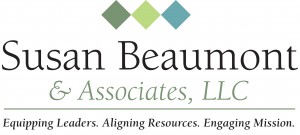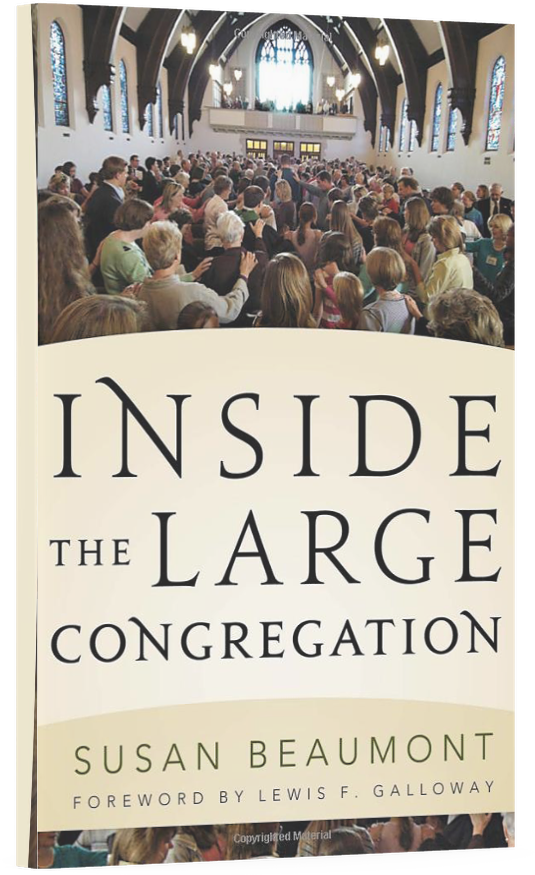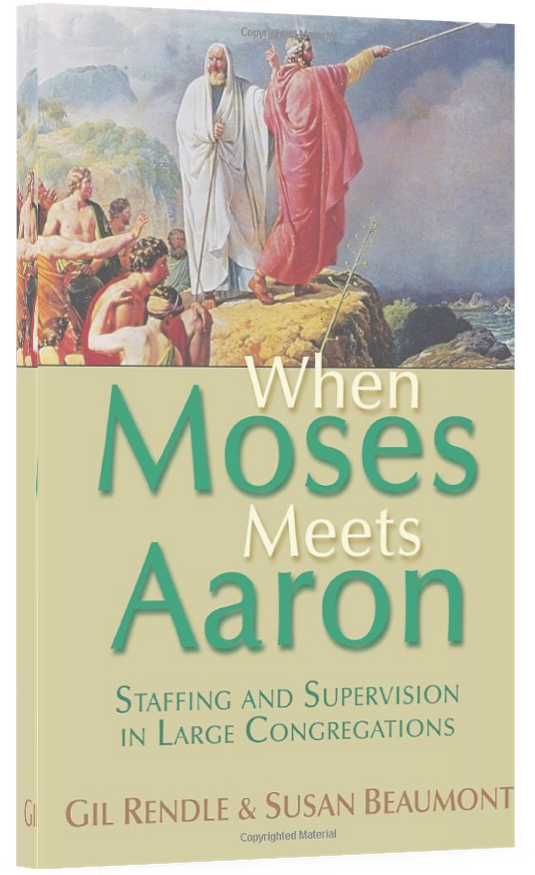“There is a sweet spot between the known and the unknown where originality happens; the key is to be able to linger there without panicking.”-Ed Catmull (Pixar)
All congregations experience seasons when something has ended, but a new thing has not yet begun. Perhaps it is the beginning of a new pastorate, when consensus about the way forward is still forming. Or, maybe it occurs at the end of a building project when leaders are spent and no one is sure about what is being called forth from the new space. It can even occur at the completion of a strategic plan, when we are left wondering where the next big idea will come from.
These are liminal seasons, threshold moments where the continuity of tradition is called into question, and uncertainty about the future throws us into doubt.
Leading in a liminal season requires a fundamentally different way of being, with less emphasis on busyness and more emphasis on attending, framing, and helping people become creative.
Are you in a liminal space, and have you adjusted your leadership style accordingly?
Leading the In-Between
During liminal seasons we occupy space on both sides of a boundary or threshold. We have one foot rooted in something that is not yet over, while the other foot is planted in a thing not yet defined. We function with structures, identities and relationships formed by our old experiences, although we know that those constructs will not serve us adequately in the future.
Pastor Jon is brand new to his congregation. He is a bright young leader, high on potential but with no previous experience as a senior pastor. The congregation is a little edgy about the call. Will Jon have the skills and maturity to actually lead this congregation? Members are eager for Jon to prove himself early on, so that they can relax and feel confident about their decision.
Jon is only too eager to please. He wants to do something new, bold and brilliant to quell their anxiety, as well as his own. The problem is that the new thing is not yet apparent. Lots of great ideas abound, but there is no consensus about a way forward, at least not yet. Jon and the congregation are still discovering one another. They will be in liminal space for a while longer.
Neither Jon nor his congregation are keen about being in this space. Liminality introduces ambiguity and disorientation. People would rather be almost anywhere else, longing either for a return to the status quo or a dramatic leap forward. They look to their new leader to resolve their discomfort, and they wonder if his inability to do so is a sign of leadership weakness.
Don’t Just Do Something; Stand There
Staying with disorientation in a liminal season is critical. The disorientation is needed to free us from old ways of being. It makes way for creativity and new things that want to be born. The challenge of leadership in a liminal season is helping people cope with their disorientation without panicking. Anxiety has to remain high enough to ferment change, but not so high that the leader is rejected or that deadly schisms emerge. This requires some action, but mostly it requires a way of being, a presence that calms, reassures, and inspires openness.
Liminal seasons are often, wrongly characterized as periods of inactivity and waiting. They are not. They require both a presence and a different body of work.
Here are five specific things that leaders can and should be doing during a liminal season:
● Get Clear About the Core: It may be too soon to have clarity about the next big thing, but it is the perfect time to get clear about what is at the heart of our identity. Who are we when we are at our best? What are the core values and guiding principles that will shape our decision making? What strengths will we seek to preserve regardless of what happens next?
This kind of work is energizing for a congregation. It will inspire confidence in the future and it will foster creativity. Whatever the next thing is, it will grow out of this positive core.
● Frame the Issues: Help people understand what this season is, and is not. We are not being inactive. We are attending to our future. We are looking for what wants to be released, and what is yearning to emerge.
Listen for problem saturated stories about the past and reframe those stories so that they teach lessons in alignment with your core values. Re-story the old narratives so that they point towards a hope filled future.
● Move from Striving to Presencing: When congregations grow anxious they often move into hyper-drive, artificially pushing to produce a more certain future through sheer will power and brute effort. When we aren’t certain what should happen next, we do more of what we have always done, to reassure ourselves that we are actually moving somewhere.
Presencing is grounding yourself and the congregation in the abundance and the fullness of time. Presencing embraces the collective wisdom of the congregation. It recognizes the integrity of the whole in the parts, and the parts in the whole. In a state of “presence” we recognize the authentic self of the institution and we begin to approach that self from the emerging future.
We proceed as if we have all the time in the world. We are connected to our Source. We yield and we are led.
● Be Clear About Loss: In liminality we are always moving away from something, and that means valued things are being left behind.
The effective leader helps people cope with loss at a pace that they can tolerate. This involves a clear acknowledgement of who stands to lose what as we move away from our past. We stand with people in their loss. We compensate for that loss to the best of our ability, and we encourage their capacity to endure loss, and to negotiate the transitions ahead.
● Conduct Experiments: It is dangerous to claim permanent solutions to long-standing problems, when we don’t yet have clarity about where we are headed. Avoid locking in a single course of action. Instead, create small experiments and encourage innovation. Set up learning opportunities. Identify targeted outcomes. Harvest learning along the way. Admit when something isn’t working and begin again. Eventually your experiments will lead to greater clarity and to the next generation of innovation, which is waiting just over the horizon.
Leading in a liminal season is not about protecting the status quo, nor is it about leaping blindly into an unknown future. It is about building the bridge as you walk on it. Your leadership must honor the in-between nature of things. It requires leading with presence.




Dear Susan,
I am totally amazed by your writings. We are a congregation that retired it’s (great) Pastor after 35 years. Needless to say, we are in the liminal space. I just learned this word last Saturday. It is a gift to me in so many areas of my life at 54 years of age… 😉 You get this, I am sure. 🙂
The Lord led me to your teaching this morning.
It is the first time in months and months and months that I feel hopeful and excited for our wonderful church body. I also feel so happy and like myself again personally, as I read and you put words to my feelings and emotions. Your writing has given me great hope today for my future. It has been a long and arduous journey. THANK YOU so very much for sharing your gift of communicating this season of life. My spirit is lifted so!
Jill Campbell
Seattle
West Side Presbyterian Church
Dear Susan,
I am totally amazed by your writings. We are a congregation that retired it’s (great) Pastor after 35 years. Needless to say, we are in the liminal space. I just learned this word last Saturday. It is a gift to me in so many areas of my life at 54 years of age… 😉 You get this, I am sure. 🙂
The Lord led me to your teaching this morning.
It is the first time in months and months and months that I feel hopeful and excited for our wonderful church body. I also feel so happy and like myself again personally, as I read and you put words to my feelings and emotions. Your writing has given me great hope today for my future. It has been a long and arduous journey. THANK YOU so very much for sharing your gift of communicating this season of life. My spirit is lifted so!
Jill Campbell
Seattle
West Side Presbyterian Church